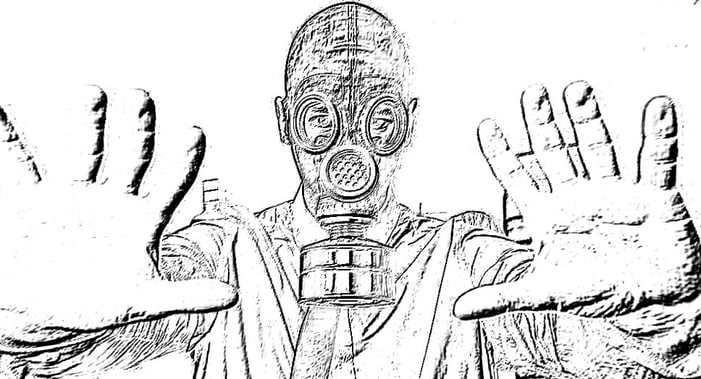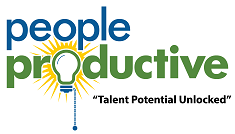The Rise of the Toxic Handler

"Empathy is like giving someone a Psychological Hug."--Lawrence J. Bookbinder
In the role of the toxic handler, empathy and compassion are paramount to their very existence in the workplace. At the end-of-the-day, this individuals is the umbrella that deflect the rain…..the proverbial port in the storm of any tumultuous enterprise and an incredibly important organizational role in today’s ever changing business hierarchies.
There is tremendous productivity to be gained from those who are not distracted or under unnecessary duress and, in particular situations, these individuals are indispensable to the hearts and minds of those they seek to protect. In practice, they are socially intelligent leaders, are completely trusted by those they work with, and are an incredibly important organizational role, given the high pressures and inner workings of the modern enterprise.
Unfortunately, the atmospheres in many workplaces are as equally as harsh as those out on the street….but they don’t have to be…..nor should they. Acting as an emotional sponge, the toxic handler often softens the impact of a poorly framed message handed down from upper management or the misguided words of an overly emotional colleague, merely by omitting a few verbs or adding a few colorful adjectives that keep the focus of the original message intact.
Although office transparency is paramount, their innate skill often softens the blow to those employees who may not be able to handle the reality or intent of a negative message in its original form. In other words, they are the purveyors of better ideas and outcomes as well as the deflectors of simple and sometimes brutal truths.
A great Harvard Business Review article titled “The Toxic Handler: Organizational Hero—and Casualty” reveals the scientific basis for the importance of this role and how it should be rewarded and encouraged. These individuals are, for the most part, unseen and undervalued because of the cultural blindness that exists in the C-Suites of many organizations today.
For this particular article, the authors interviewed and observed 70 executives who were either toxic handlers themselves or who had one working for them. The authors defined a toxic handler as “a manager who voluntarily shoulders the sadness, frustration, bitterness, and anger that are endemic to organizational life.” This role is important and every manager and coworker should strive to reduce workplace stress so that work can flow smoothly. In the article, the authors provide further insight into how beneficial these unsung heroes are. “Great ideas dry up when people are hurting or when they are focused on organizational dysfunction. It is toxic handlers who frequently step in and absorb others’ pain so that quality work continues to get done.”
Other research identifies five specific ways toxic handlers impact the organization:
- They listen empathetically. In essence, they always have time for people who need to talk. More importantly, they are not judgemental, provide reassurance when needed and their doors are ALWAYS open.
- They suggest solutions. Idle talk is cheap but turnover and attrition is expensive. Finding a resolution to corporate friction workplace enmity is paramount to the ongoing survival of the corporate cultures. These individuals are experts at the emotional resolution to most grievances and, again, are an incredibly important organizational role, given the pressures to succeed and meet corporate mandates.
- They work behind the scenes to prevent pain. It’s inevitable that at some point in their careers most individuals will face a workplace situation that is very unpleasant. The toxic handler is alert, proactive, and understands that preventing or easing the effects of a painful situation is better than dealing with the aftermath.
- They carry the confidence of others. To be in this role, one must be absolutely trustworthy and confident. When trust is violated, the negative impact spreads like wildfire. Over the eons, like animals, humans have developed a survival skill that alerts others in the group to impending danger. Workplace gossip aside, prevaricators and the unjust will be quickly banished to the margins of importance with the corporate structure.
- They reframe difficult messages. Reframing difficult messages is a skill and extremely valuable to the success and culture of an organization, especially if senior leadership lacks basic human understanding or has total disregard for the feelings and the welfare of others.
As the global marketplace continues to grow and the fight for the best and brightest wages on, these individuals are very, very important to the success of any organization and its cultural growth potential. If one is to observe and listen, they are easy to find. Look for the perpetual smile and the outreached hand, as they are the tireless shepherds that walk steadily amongst the corporate wolves.
Notes
- P. Frost and Robinson, “The Toxic Handler: Organizational Hero—and Casualty,” HarvardBusiness Review (July-August 1999, 97–106. )
- Ibid., 98
This blog post is excerpted from Chapter 7 of Transforming IT Culture, published by Wiley in 2013.


